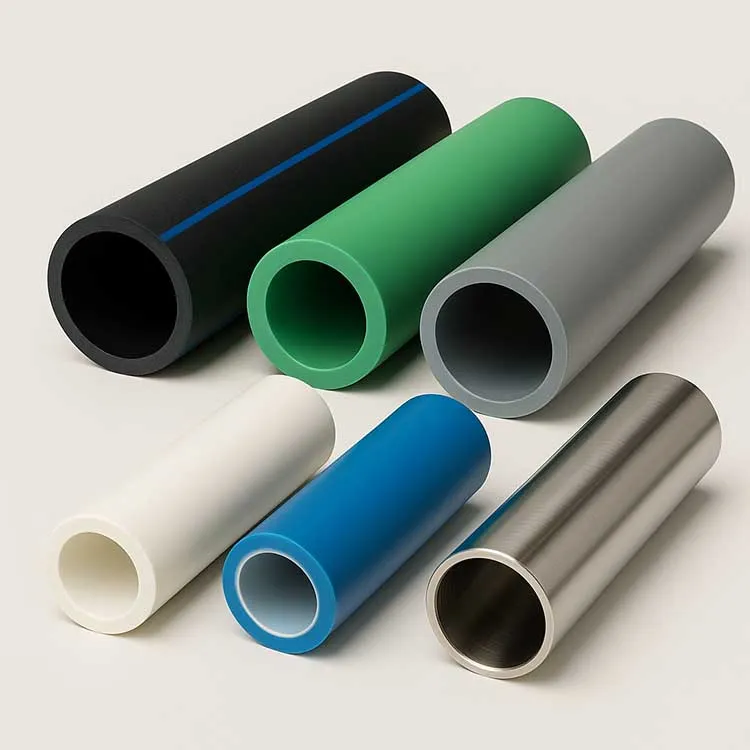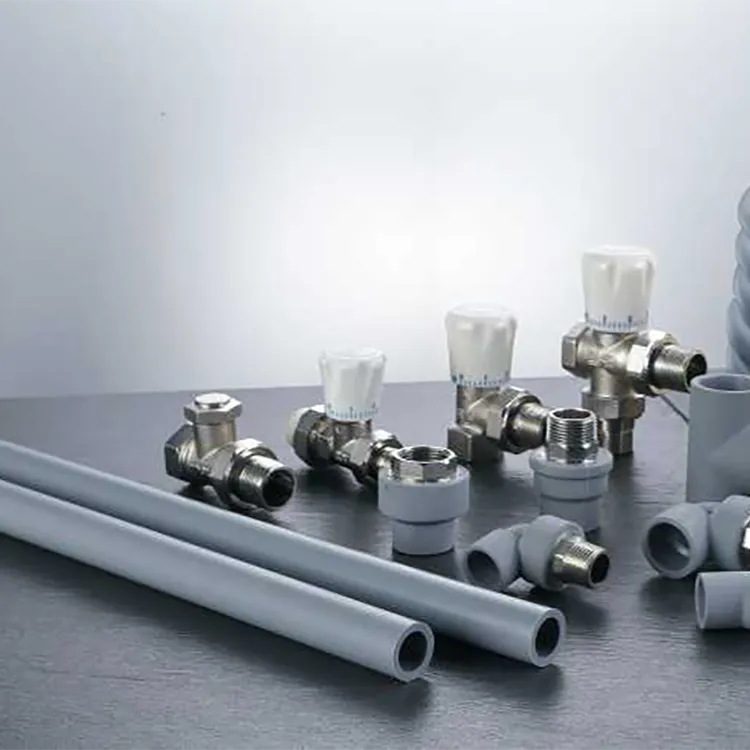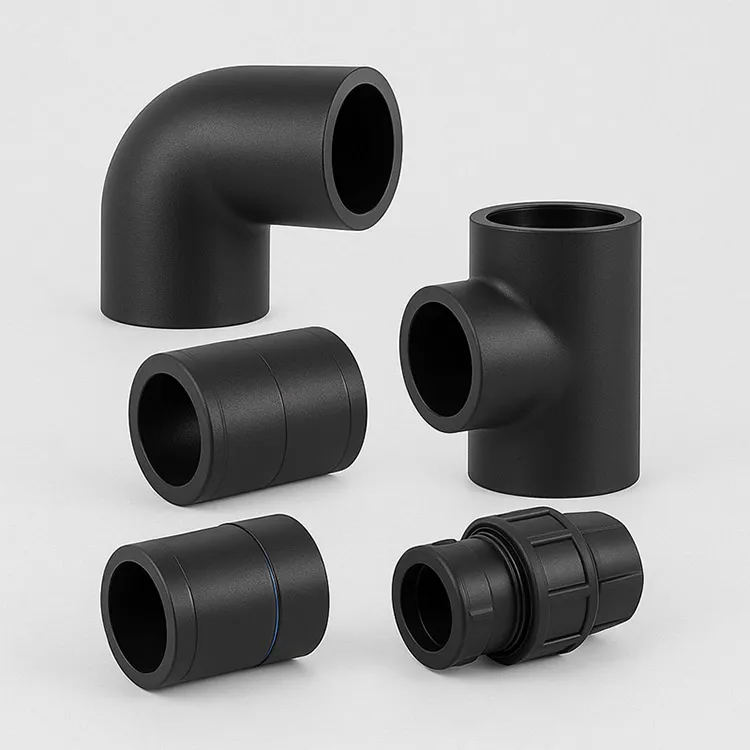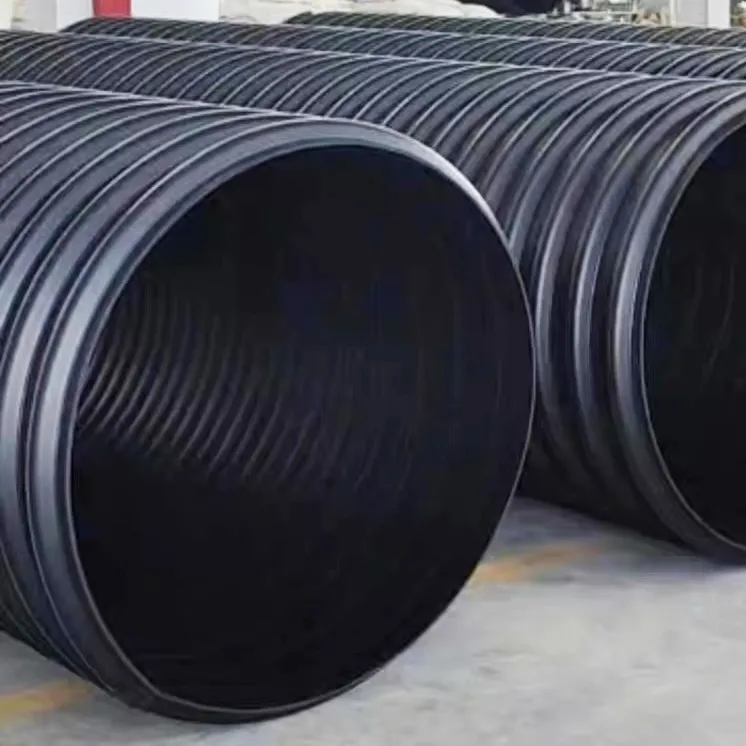4 kinds of HDPE pipe
Solid wall HDPE pipes:
These pipes are the most commonly used HDPE pipes and are suitable for a variety of applications, including water supply, sewage, and irrigation. They are available in a range of sizes and pressure ratings, and are often used in buried piping systems.
Structured wall HDPE pipes:
These pipes have an inner layer of solid HDPE surrounded by an outer layer of corrugated HDPE. This structure gives the pipes increased strength and stiffness, making them suitable for use in higher pressure and load-bearing applications.
HDPE pipes with internal ribs:
These pipes have an inner layer of solid HDPE with internal ribs that provide additional support and stiffness. They are often used in applications where the pipes need to withstand higher pressure or loads.
HDPE pipes with external ribs:
These pipes have an inner layer of solid HDPE with external ribs that provide additional support and stiffness. They are often used in applications where the pipes need to withstand higher pressure or loads, and can be buried or used above ground.
HDPE pipe for gas distribution
In addition to the above types, HDPE pipes are also commonly used for gas distribution. HDPE gas pipes are made from high-density polyethylene, a type of polymer that is known for its strength and durability. They are resistant to corrosion and have a long lifespan, making them a cost-effective and reliable choice for gas distribution systems. HDPE gas pipes are also resistant to external loads, such as soil movement and ground water, making them suitable for use in underground piping systems.
HDPE gas pipes are available in a range of sizes and pressure ratings to meet the specific needs of each project. They can be fused together using heat fusion or electrofusion methods, allowing for a seamless and secure connection.
In addition to their strength and durability, HDPE gas pipes are also environmentally friendly. They are made from a non-toxic material that is safe for use in drinking water systems, and they do not leach any chemicals into the ground. They are also recyclable, making them a sustainable choice for gas distribution systems.
Conclusion
Overall, HDPE pipes are a versatile and reliable choice for a wide range of piping applications. They are strong, durable, and resistant to corrosion, making them a long-lasting and cost-effective solution for both residential and commercial projects. HDPE gas pipes are a reliable and cost-effective choice for gas distribution systems, offering strength, durability, and environmental sustainability.


981.webp)

 (1)379.webp)

294.webp)
476.webp)
420.webp)
146.webp)
460.webp)
287.webp)
274.webp)
688.webp)


